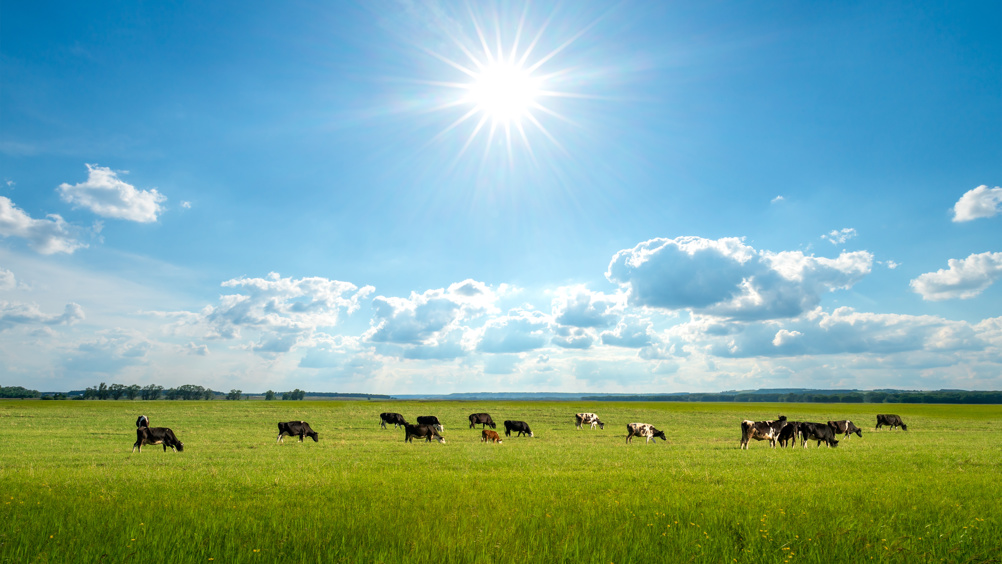Will the new decade bring real change?

At times it feels as if the challenges we face in our professional lives remain constant, with little real change year on year. At the start of my career 30 years ago, for example, I certainly did not expect in 2020 we'd still be struggling to control many endemic diseases, including bTB or BVD, or trying to determine once again what was meant by ‘under his care’ when trying to define real, rather than nominal, levels of care for an animal or group of animals!
Of course things do change, for one thing ‘under his care’ seems quite rightly to have become just ‘under care’ reflecting without doubt the biggest change in our profession within the last 30–40 year, the gender balance reversal, with all its many challenges as well as benefits. There is far more focus on diversity and wellbeing within the profession now than perhaps there was in the past. Environmental issues have come to the fore, particularly in the last few years and there has of course been the political debacle of Brexit. At least on that note we now seem to have a little more clarity after the general election, but substantial uncertainty remains regarding how leaving the EU will affect our profession, our businesses and those of our clients. Our representative organisations such as the BCVA, BVA, RCVS and others continue to work very hard behind the scenes on our behalf to understand and where possible minimise these challenges and work with government. Work around the new Agricultural Bill being just one such example.
Register now to continue reading
Thank you for visiting UK-VET Companion Animal and reading some of our peer-reviewed content for veterinary professionals. To continue reading this article, please register today.

